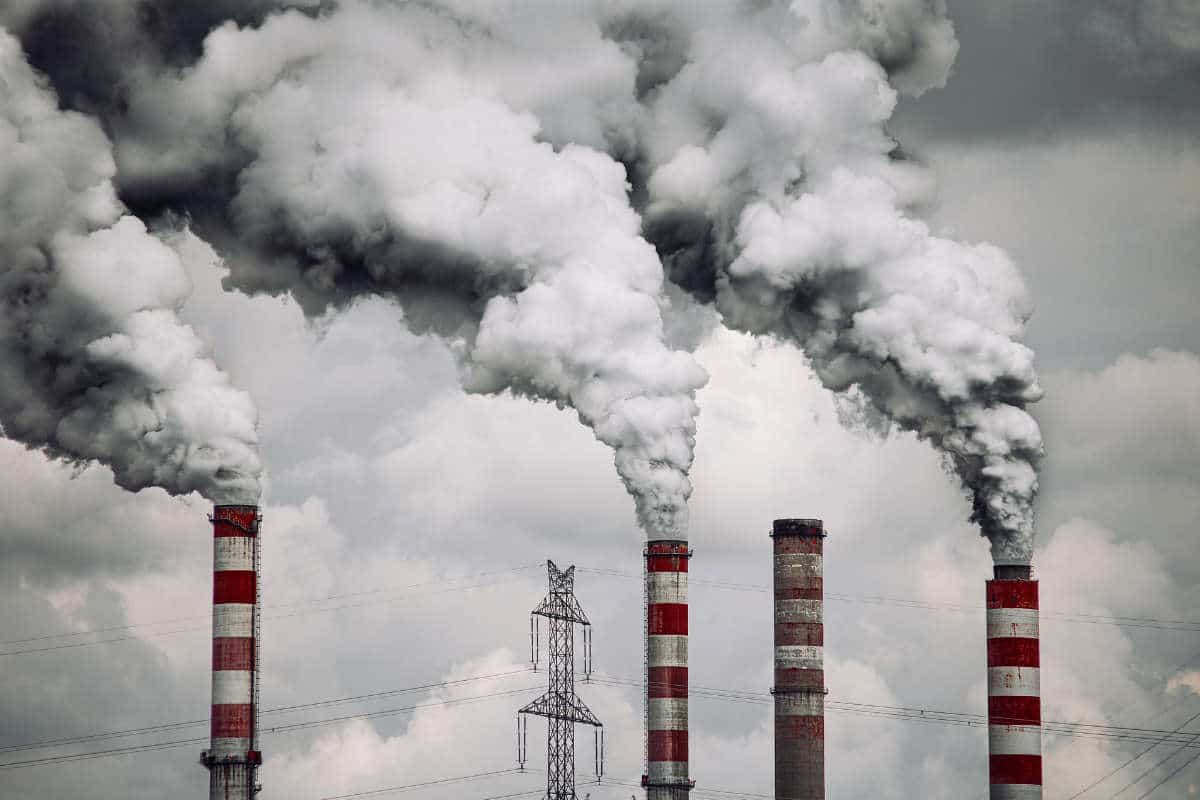
And that while more than half of these deaths could have been prevented.
Air pollution is a real silent killer. Hundreds of thousands of people die every year as a result of exposure to particulate matter, nitrogen and ozone. In 2019, poor air quality even killed more than 300,000 Europeans. And so scientists are calling for life-saving measures to reduce the number of deaths.
2019
Despite the fact that the negative consequences of air pollution have been known for years, the necessary changes seem to be starting slowly. Although air quality in Europe was slightly better in 2019 than in the previous year, more than 300,000 Europeans were still killed as a result of dirty air. And that while more than half (58 percent) – or 178,000 deaths – could have been prevented if all EU member states had complied with the new guidelines for air pollution drawn up by the WHO.
The World Health Organization recently tightened its air pollution guidelines. It means that air pollution levels have to be drastically reduced to prevent harmful health effects and death in humans. Since September 22, 2021, the WHO has recommended the following standards: 15 g/m³ PM10 and 5 μg/m³ PM2.5. That is half the EU standard. For many countries – including the Netherlands – such limit values are still a long way off. For example, high particulate matter concentrations are still measured in many places in the Netherlands. And the nitrogen concentration also leaves a lot to be desired, especially in urban areas. However, embracing the new guidelines on an annual basis could save millions of lives worldwide. And not only that. Because reducing air pollution is also better for the environment and climate.
The figures show that good air quality cannot be taken for granted. It is estimated that as many as nine out of ten people worldwide breathe polluted air. Air pollution is therefore a major cause of premature death and disease and is the greatest environmental risk in Europe. This is because dirty, polluting particles can penetrate deep into the lungs and the cardiovascular system. And that can lead to heart disease, stroke, lung disease and lung cancer.
Appearance
However, if all member states now do everything they can to comply with the new, tightened guidelines of the WHO, there is considerable gain to be made. “Investing in cleaner heating, transport, agriculture and industry delivers better health, productivity and quality of life for all Europeans, especially the most vulnerable,” said Hans Bruyninckx, Executive Director of the European Environment Agency (EEA). “These investments save lives and also help accelerate progress towards carbon neutrality and strong biodiversity.”
Target
The European Commission has set a target of reducing the number of premature deaths from air pollution by more than 55 percent by 2030 (compared to 2005). And while that means that Europe still needs to make significant strides in the coming years, recent analyzes show the EU is on track to achieve this goal: for example, the number of deaths has already fallen by about a third between 2005 and 2019.
Still, this doesn’t mean we can sit back. Because air pollution still claimed hundreds of thousands of victims in 2019, means that there is still a long way to go. “Clean air should be a fundamental human right,” said Hans Henri P. Kluge, WHO Regional Director for Europe. “It is a necessary condition for healthy and productive societies. Still, even with improvements in air quality in our region in recent years, we still have a long way to go to meet the new guidelines. However, the study shows how many lives could be saved thanks to the tightened guidelines. It gives policymakers solid evidence of the urgent need to address this health problem.”
Source material:
“Cleaner air could have saved at least 178,000 lives across the EU in 2019” – European Environment Agency (EEA)
Image at the top of this article: jwvein via Pixabay